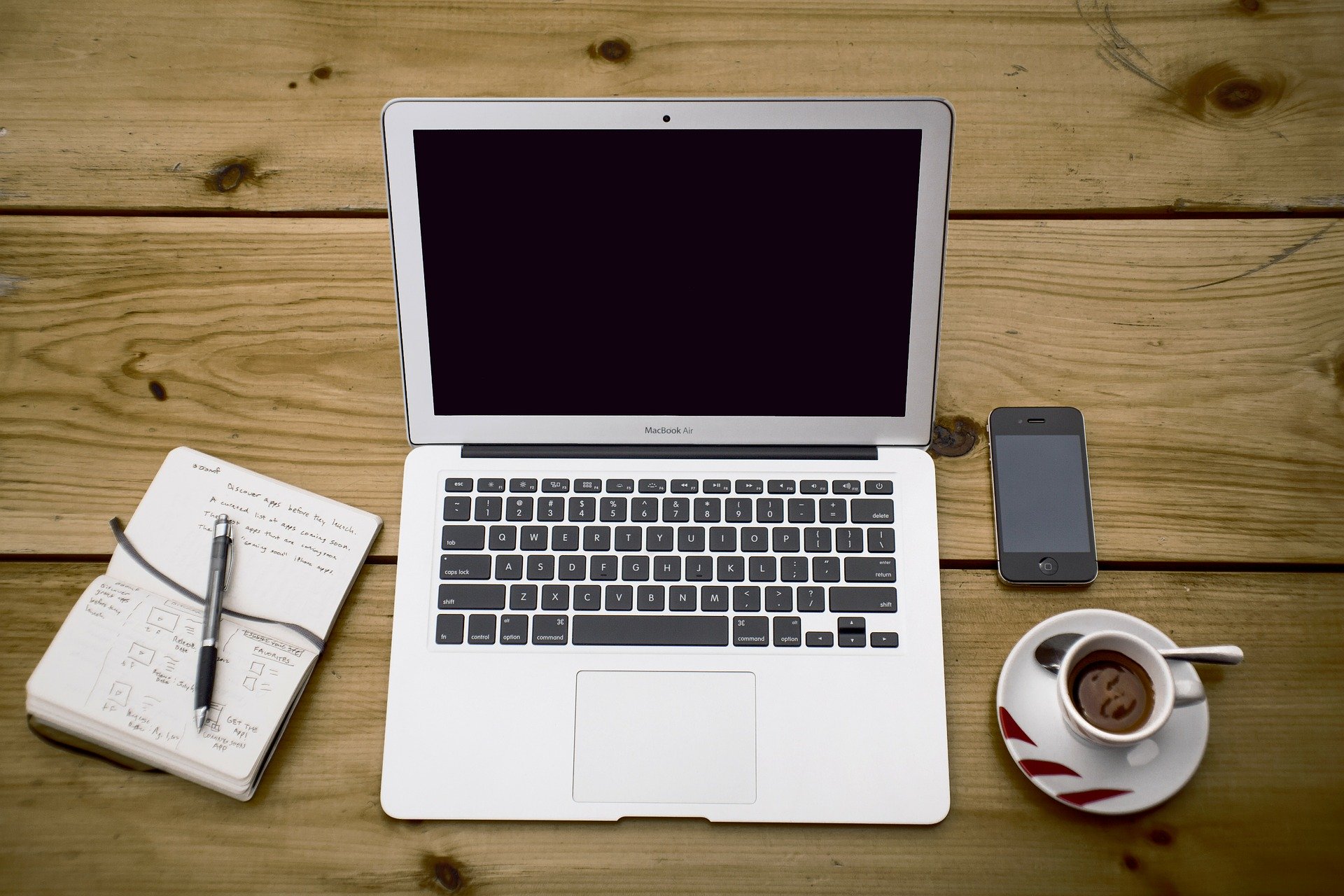Fitness & Wellness
The Science Behind - Procrastination

Procrastination. The one lazy habit that keeps us from achieving better things in life. You might have definitely experienced this when putting off work for the next day or waking up after two more minutes. However, procrastination always seems to win, until you learn what the science says.
What is procrastination?
In a nutshell, procrastination is knowingly avoiding that you need to do something within a specific period of time, but you choose not to, intentionally or otherwise. This is especially visible today when we are glued to our screens and choose to put off work , only to regret later. So what causes this behavior?
It all comes down to two systems that cause chemical reactions in your head. On one hand, you have the limbic system - a pleasure-seeking part of the brain that is responsible for controlling emotions and reinforcing behaviors. On the other hand, you have the prefrontal cortex, a part of the brain that is responsible for planning, setting and achieving goals. These two parts engage in a constant battle where yes, you guessed it, the limbic system wins.
 The prefrontal cortex is a part of the brain that is responsible for planning, setting and achieving goals.
The prefrontal cortex is a part of the brain that is responsible for planning, setting and achieving goals.
How can I avoid procrastination?
There are many ways you can avoid procrastinating. Here are top five things you can do:
- Organize yourself: Set up a list of tasks to do. This can be before you go to sleep or the first thing after you wake up. This will help you be aware of everything you are responsible for the day.
- Set realistic goals: You might think of achieving big and even be motivated to do so. But there is a catch. Supposing you might finish a difficult task, it will leave you fatigued with the mentality that it was not worth it. In some cases, you might quit halfway through. Hence it is important to set a goal that is realistic and achievable.
- Take a break: This may sound counter-intuitive, considering that we are talking about procrastinating, but taking a break is one of the best things you can do to refresh yourself. Nobody likes working too much, so it is important to take a break when needed. Avoid looking at your phone as that may lead to procrastination, do something mindful instead.
- Reward yourself: People familiar with psychology will agree that Ivan Pavlov’s discovery on positive reinforcement can be applied to us as well. For those who are unaware, Ivan Pavlov was a Russian physiologist who discovered that dogs would salivate at the sound of a bell without actually placing any food. So when you are starting out with being more productive, reward yourself for a job well done and slowly remove the incentive till you are capable of working without it.
- Change your lifestyle, bit by bit: Change does not happen overnight. Procrastination occurs because our entire lifestyle allows it to happen. So make small changes like doing exercises, eating healthier, dropping your vices and picking up a hobby. A healthier lifestyle will equal a healthier you which will eventually lead to zero procrastination.
A key takeaway is to remember that progress comes slow. But starting towards a good path is itself half the work done. So keeping this in mind, be more productive and beat the laziness!
This article was first published on zymrat.com
Also read: Training full body or splitting your workouts – What is more efficient?

